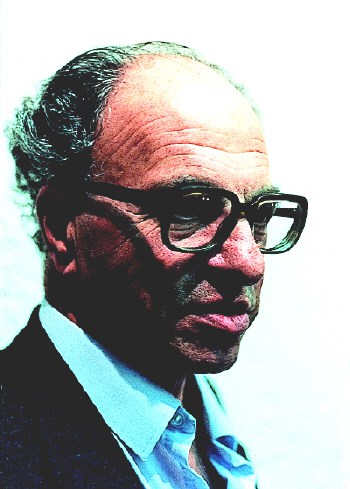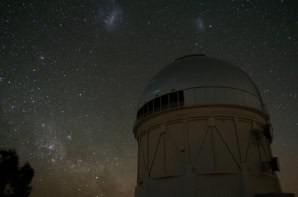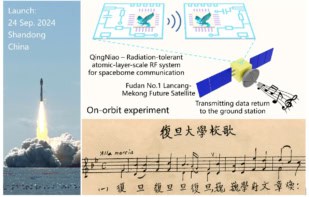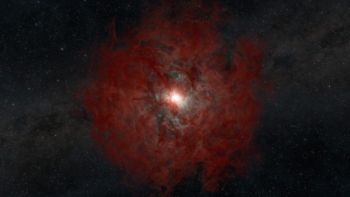The brilliant cosmologist and mathematician Sir Hermann Bondi has died at the age of 85. He was best known for developing the "steady-state" theory of the universe together with Thomas Gold and Fred Hoyle. Bondi also led a successful career as a science administrator, running the European Space Research Organisation for four years and spending six years as chief scientist to the UK Ministry of Defence. Bondi died on 10 September.

Bondi was born in Vienna, Austria, on 1 November 1919 into a Jewish family. Alarmed by the rise of the Nazis in neighbouring Germany and encouraged by the cosmologist Sir Arthur Eddington, he moved to Trinity College, Cambridge, in 1937, where he completed a mathematics degree in 1940. Bondi was, however, interned as an “enemy alien” by the British government in March 1940, spending over a year at camps on the Isle of Man and in Canada, where he first encountered Gold.
Upon his release in autumn 1941, Bondi went back to the UK where he and Gold worked on radar research for the Admiralty under the supervision of Hoyle. Once the Second World War was over, Bondi returned to Cambridge, where he, Gold and Hoyle developed their steady-state theory in 1948. It saw no need for an initial singularity (the big bang) and proposed instead that the universe has no beginning or end. To account for the continual expansion of the universe, the theory requires that matter is being continuously created so that the average density of the universe is constant.
In 1954 Bondi took up a professorship at King’s College London, where he carried out pioneering theoretical work on how a black hole or star can accrete matter from surrounding gas. Following the discovery of the cosmic microwave background in 1965, Bondi — unlike Gold and Hoyle — was not afraid to admit that the steady-state theory was probably wrong. Having already advised the government on construction of the Thames Barrier, Bondi became increasingly attracted to public service and in 1967 was appointed director general of the European Space Research Organisation in Paris, which was the forerunner of the European Space Agency.
In 1971 Bondi was appointed chief scientist at the UK Ministry of Defence — where he backed Britain’s independent nuclear deterrent. Six years later he took up the same role at the Department of Energy under Tony Benn. In 1980 Bondi began a four-year spell as head of the Natural Environment Research Council and in 1983 was appointed master of Churchill College Cambridge, where he remained until 1990. His books include Cosmology (1952) and his autobiography Science, Churchill and Me (1990).



